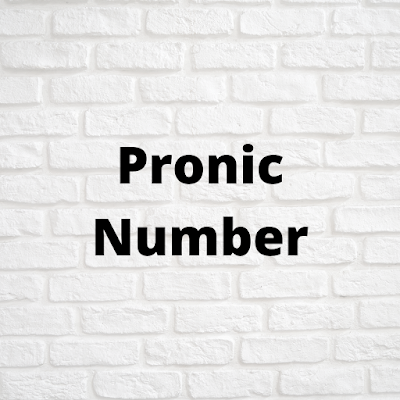In this blog, we shall look at the various methods applied for the conversion of a Complex Sentences to Simple Sentences . The following examples have been taken from the english language textbook prescribed for ISC students studying in class 11. Use these as practice and climb your stepping stones to better grammar!
A complex sentences can be converted to a simple sentence by changing a noun clause, an adjective clause or an adverb clause, as shown below:
Complex:Tell me where you live.
Simple:Tell me your address.
Complex:That you should be present is essential.
Simple:Your presence is essential.
Complex:Time which is once lost is lost forever.
Simple:Time once lost is lost forever.
Complex:I have no advice that I can offer you.
Simple: I have no advice to offer you.
Complex:When he had finished his work, he went out to play.
Simple:Having finished his work, he went out to play.
Complex:If I make a promise, I will keep it.
Simple:I make a promise only to keep it.
Complex:Tell me where you go.
Simple:Tell me about your destination.
Complex:The law will punish those who are guilty.
Simple:The law will punish the guilty.
Complex:Tell me what she meant by this.
Simple:Tell me her intention.
Complex:I do not know when I shall come back.
Simple:I do not know about my return.
Complex:That is the pen that belongs to me.
Simple:That pen belongs to me.
Complex:A palace that is built on a hill cannot be hidden.
Simple:A palace built on a hill cannot be hidden.
Complex:This is the place where we study.
Simple:We study here.
Complex:He was happy when he heard the news.
Simple:He was happy about the news.
Conversion Of Simple Sentences to Compound Sentences
Conversion of Compound Sentences to Simple Sentences
Conversion of Simple Sentences to Complex Sentences
Conversion of Compound Sentences to Complex Sentences
Conversion of Complex Sentences to Compound Sentences
Simple, Compound and Complex Sentences
A complex sentences can be converted to a simple sentence by changing a noun clause, an adjective clause or an adverb clause, as shown below:
Noun Clause
Complex:Tell me where you live.Simple:Tell me your address.
Complex:That you should be present is essential.
Simple:Your presence is essential.
Adjective Clause
Complex:Time which is once lost is lost forever.
Simple:Time once lost is lost forever.
Complex:I have no advice that I can offer you.
Simple: I have no advice to offer you.
Adverb Clause
Complex:When he had finished his work, he went out to play.
Simple:Having finished his work, he went out to play.
Complex:If I make a promise, I will keep it.
Simple:I make a promise only to keep it.
Assignment
Complex:Tell me where you go.
Simple:Tell me about your destination.
Complex:The law will punish those who are guilty.
Simple:The law will punish the guilty.
Complex:Tell me what she meant by this.
Simple:Tell me her intention.
Complex:I do not know when I shall come back.
Simple:I do not know about my return.
Complex:That is the pen that belongs to me.
Simple:That pen belongs to me.
Complex:A palace that is built on a hill cannot be hidden.
Simple:A palace built on a hill cannot be hidden.
Complex:This is the place where we study.
Simple:We study here.
Complex:He was happy when he heard the news.
Simple:He was happy about the news.
Conversion Of Simple Sentences to Compound Sentences
Conversion of Compound Sentences to Simple Sentences
Conversion of Simple Sentences to Complex Sentences
Conversion of Compound Sentences to Complex Sentences
Conversion of Complex Sentences to Compound Sentences
Simple, Compound and Complex Sentences





Comments
Post a Comment